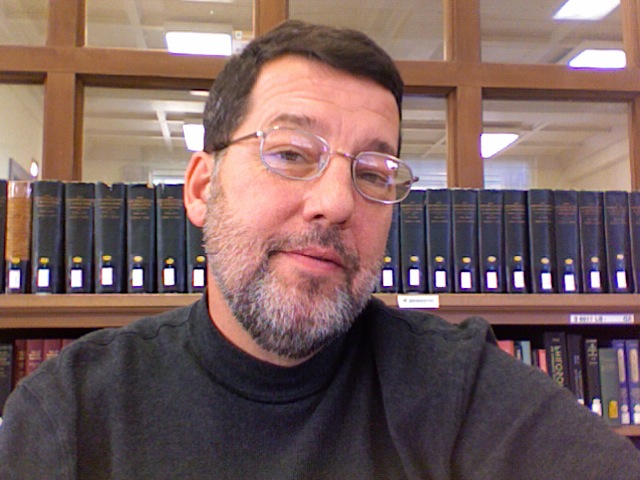
05 May SPIRITUALITY WITH RELIGION: WHY EMBRACE NATURE
Editor’s note: Reverend Pat Bailey of Telluride’s Christ Church continues his weekly series, with findings based on his doctoral thesis. In this installment, Pat stresses the importance of Nature in the context of the new spirituality.
 In my doctoral dissertation I am claiming the need for a re-visioning of the Christian church’s theology and its understanding of mission, the need for a more natural, integrative theology, and for an earth-focused, contextual approach to mission. My specific question for this part of the discussion is this: “Why is it expedient to affirm Nature in the current situation?”
In my doctoral dissertation I am claiming the need for a re-visioning of the Christian church’s theology and its understanding of mission, the need for a more natural, integrative theology, and for an earth-focused, contextual approach to mission. My specific question for this part of the discussion is this: “Why is it expedient to affirm Nature in the current situation?”
Re-visioning a more natural theology also has the potential to promote health and wholeness, ideals that are so important within the current shift toward spirituality. Author Richard Louv points to the increasing isolation of American children from Nature as the cause of considerable dysfunction, a phenomenon he describes as “Nature Deficit Disorder.” (See Louv’s,”Last Child in the Woods,” 2008). He argues that exposure to Nature and the wild has profound effects on children’s health with physical, emotional, and social returns.
Louv also explores the spiritual necessity of Nature for children. He not only links experiences in Nature with the desire to care for Nature, he also links experience in Nature with the capacity for amazement and transcendence. Louv quotes Paul Gorman, founder and director of the National Religious Partnership for the Environment, on the subject:
“Through Nature, the species is introduced to transcendence, in the sense that there is something more going on than the individual.”
Louv’s work points to the irreplaceable role Nature plays in the development of balanced, whole human persons who are socially and environmentally engaged.
Nature is more than just one item on a list of topics for theology. Nature is the starting place and overarching context for everything one has to say about life, experience, and God. How could it be otherwise? What other context do humans know, exist within, are part of? How could thought, language, emotion, and reflection be possible apart from an embodied, in-earthed existence? The concern here for many is that we are left with the worship of Nature rather than of God. The counter argument concerns how much historical theology did to separate and isolate God from Nature in a way that has caused great harm.
As Oren Lyons, delegate of the Seneca Nations and the Six Nations of the Iroquois Confederacy to the United Nations, has said:
“When you grow up with the idea that there’s always a better place, always another place, then this place here suffers the consequences.”
Amen.


Sorry, the comment form is closed at this time.